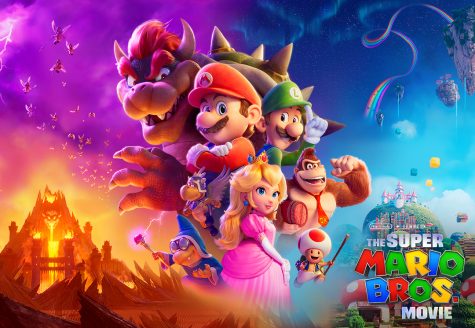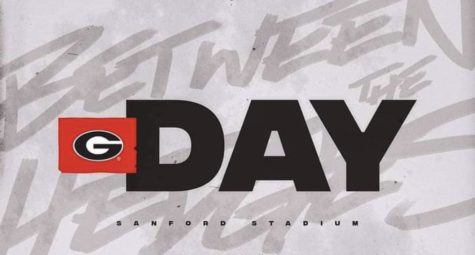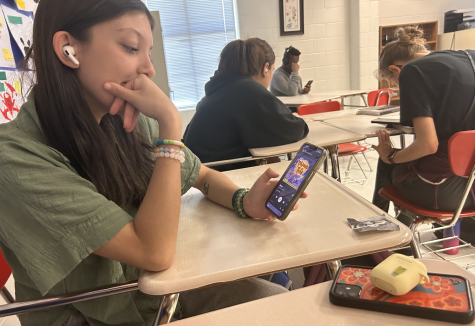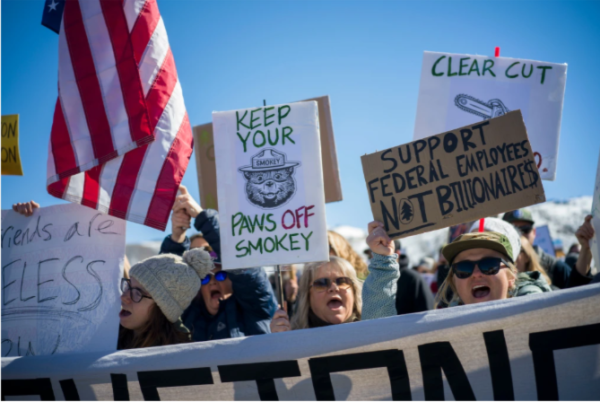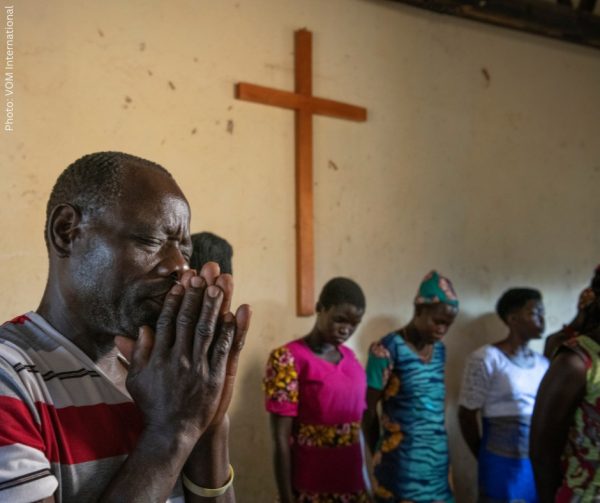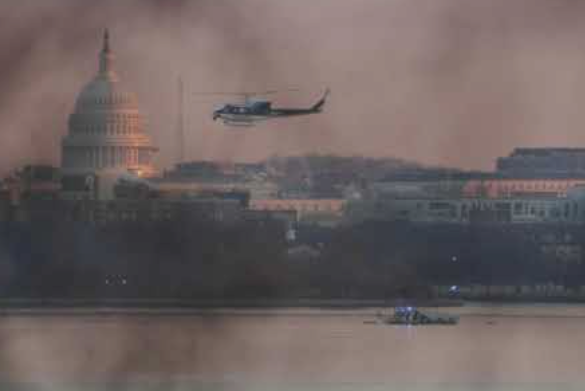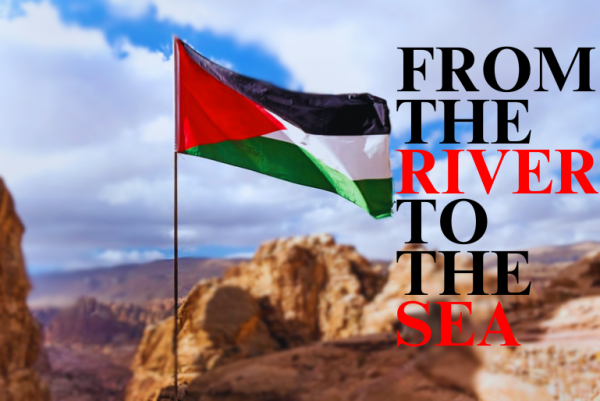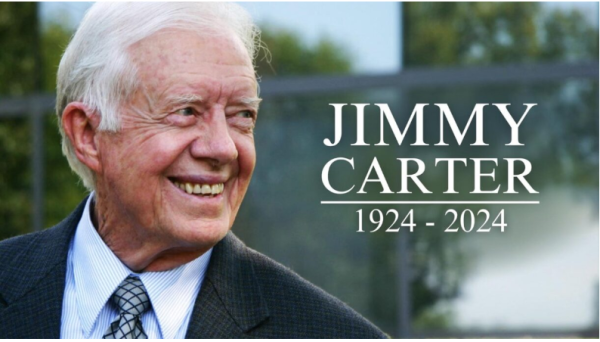Celebrate the no-lidays: Bosnian Serbs recognize banned holiday

Members of the police forces of Republic of Srpska march during a parade marking the 31st anniversary of the Republic of Srpska in Istocno Sarajevo, Bosnia, Monday, Jan. 9, 2023. Thousands of flag-waving people gathered on the outskirts of Sarajevo to celebrate an outlawed holiday associated with the country’s brutal inter-ethnic war in the 1990s and attend a military-style parade organized for the occasion and used by Bosnian Serb separatist leader, Milorad Dodik, to showcase his allegiance to Russia. (AP Photo/Armin Durgut)
It is hard to imagine not being allowed to celebrate a country’s Independence Day, but in Republika Srpska (a semi-independent region of Bosnia and Herzegovina home to most of their Serb population), that is the reality.
Jan. 9 marks the statehood day of Republika Srpska, but the rest of Bosnia does not agree with that. Many Muslim Bosniaks filed legal complaints with the government, as the holiday is not only banned throughout Bosnia, but it is especially frowned upon by Muslim Bosniaks. This is because it coincides with the Afterfeast of the Theophany, an Orthodox Christian holiday that allegedly discriminates against Muslims and Bosnia’s other ethnic groups, such as Catholic Croats. While Bosnian Serbs occupy a region separate from Bosnia and Herzegovina, they are still linked to the country by shared institutions, such as the court, which banned Republika Srpska day. Therefore, all actions on a national level require shared approval from all three main ethnic groups (those being Bosniaks, Serbs, and Croats.)
“This is what we fought for, the only bright point of the war that Serbs did not even want, to get the republic which we need to preserve,” Pajo Paprica, a member of the southeast Srpska town of Foca’s special police brigade, said.
Many people are against this holiday. Some, in fact, violently disagree with it. During the week prior to the holiday, veterans from the Sarajevo Civil War announced they would protest against the celebration, but they were quickly stopped by the police. Christian Schmidt, an international peace envoy and German politician, warned public officials of possible consequences that would take place if they took part in the banned celebrations. While Schmidt’s position as envoy gives him the power to make this threat, Milorad Dodik, Republika Srpska Separatist President, does not agree.
“We are not a threat to anyone and we do not do this in spite of anyone. We only want to say we are here, and we are ready to fight for our freedom,” Dodik said.
Dodik announced that no court shall rule when Serbs celebrate their holidays and said Serbs did not want to remain united with Bosnia while attending a ceremony in Banja Luka on Jan. 8. Dodik’s main goal is for Bosnian Serbs to have their own state and later unite with Serbia instead.
“They [Serbs] could have done just about anything else in the world, but they chose to do that [celebrating Republika Srpska Day]. That is pretty low,” Kyle Fernandez, junior, said.
Because Republika Srpska day goes against Bosnia’s nationalist views, it remains a controversial and sensitive subject. The validity and morality of the holiday is a topic that does not seem to be solvable any time soon; thus, the issue remains up for debate.
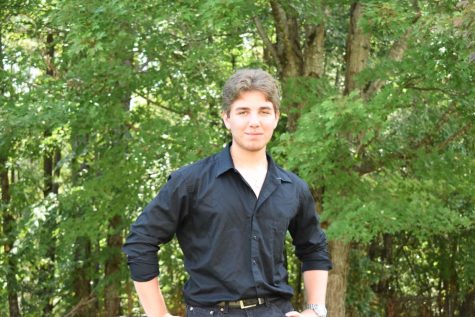
Hi guys! I am Sebastian Morales Vides. I am a sophomore and this is my first year on the staff. I am personally very excited to be part of the Talon. I...

